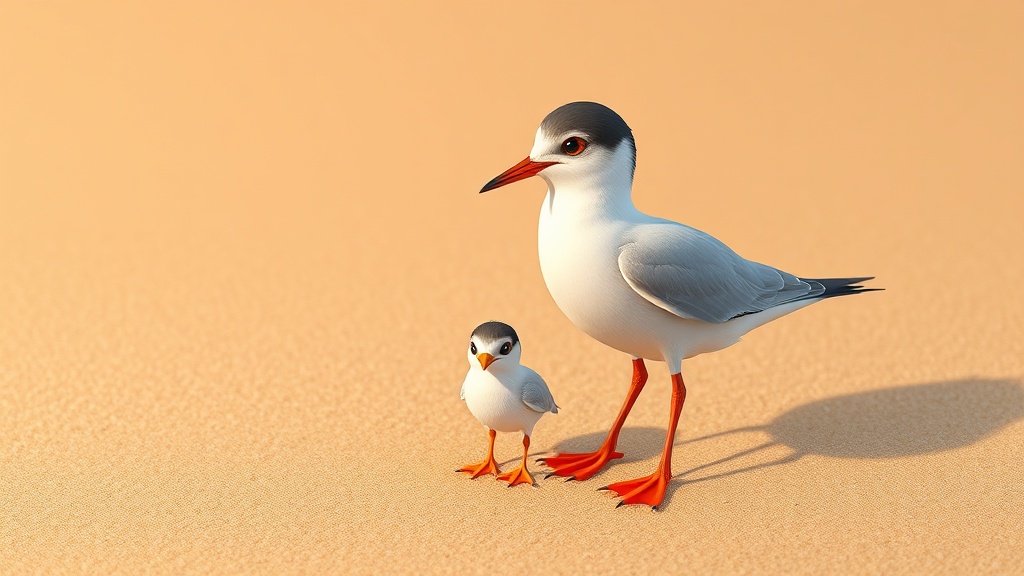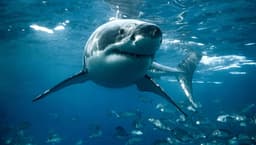Home / Environment / Migratory Birds Brave Beachgoers and Predators to Nest on Vulnerable Shores
Migratory Birds Brave Beachgoers and Predators to Nest on Vulnerable Shores
21 Oct
Summary
- Chicks and eggs camouflaged in sand, but vulnerable to trampling and predators
- Birds arrive from West Africa in summer, return home in autumn with fledglings
- Breeding ritual involves males offering fish to females, who may reject small offerings

As of October 21st, 2025, migratory birds are struggling to breed on beaches, facing threats from both human activity and natural predators. The birds, which arrive each summer from West Africa, nest their eggs and raise their chicks in the sand, using the camouflage for protection. However, this low-lying location makes the nests vulnerable to being trampled by unwitting beachgoers and their dogs off leashes.
In addition to the human disturbance, the birds' nests are also at risk of being eaten by predators such as kestrels and foxes. The birds' breeding ritual involves the males offering fish to the females, who will often reject the offering if it is too small, forcing the male to find a larger fish. This courtship dance is part of the "chatter" that locals describe as the "sound of summer."
The chicks hatch about 21 days after the eggs are laid and remain dependent on their parents for food for a similar length of time. During this period, the parents must teach the chicks how to fish and fly before the entire family departs for West Africa in the autumn.




